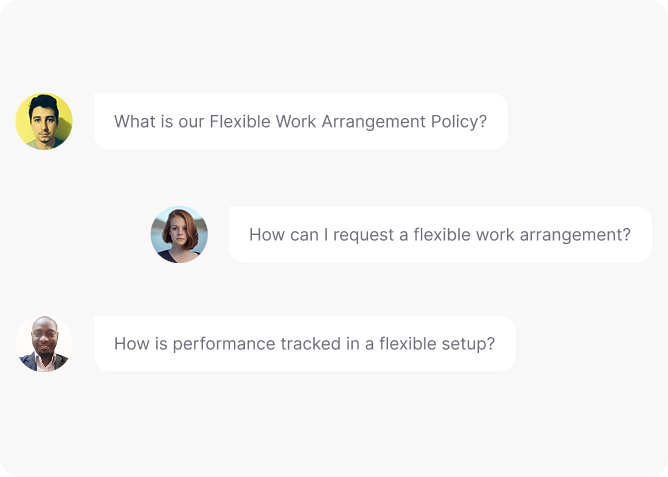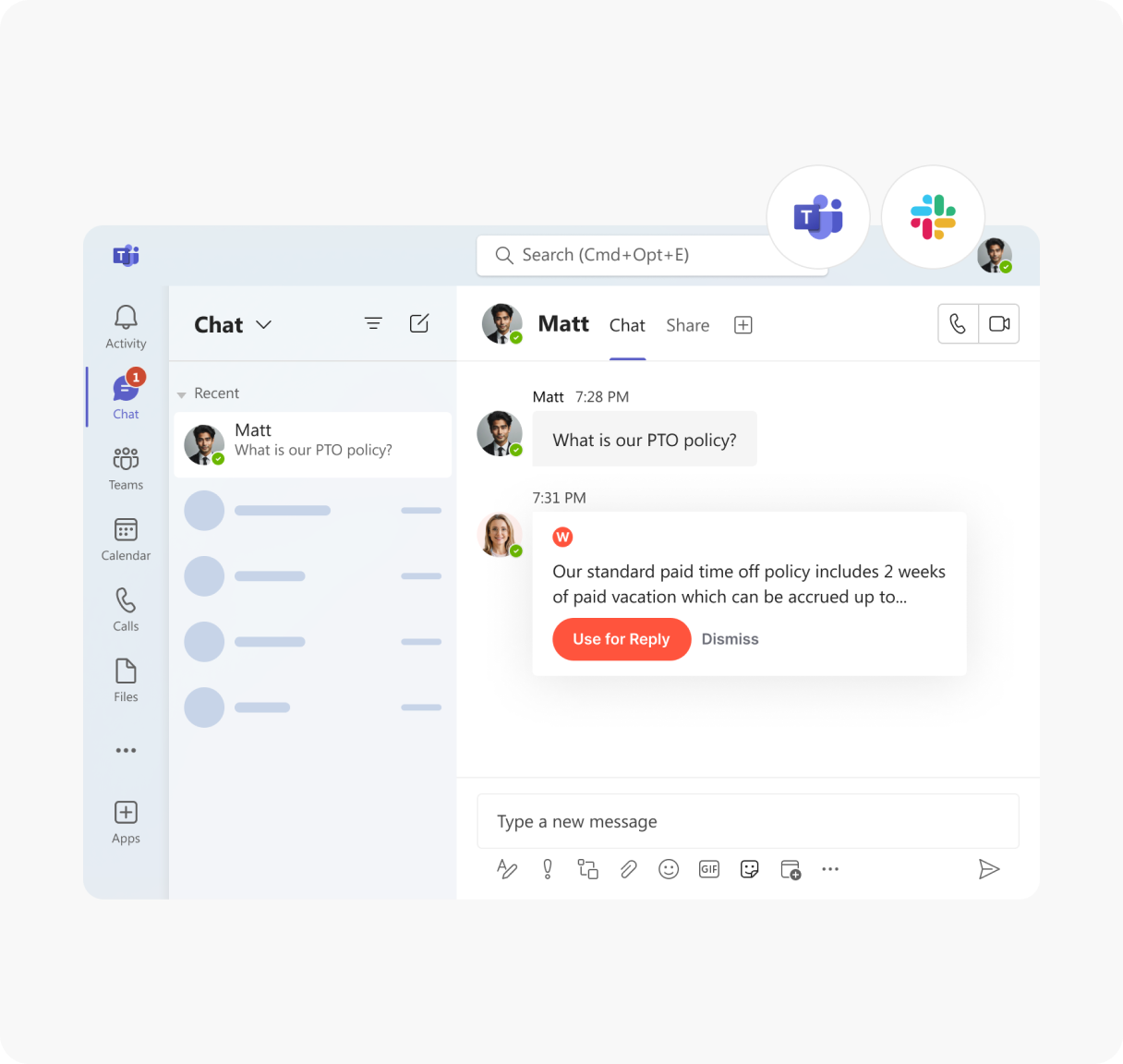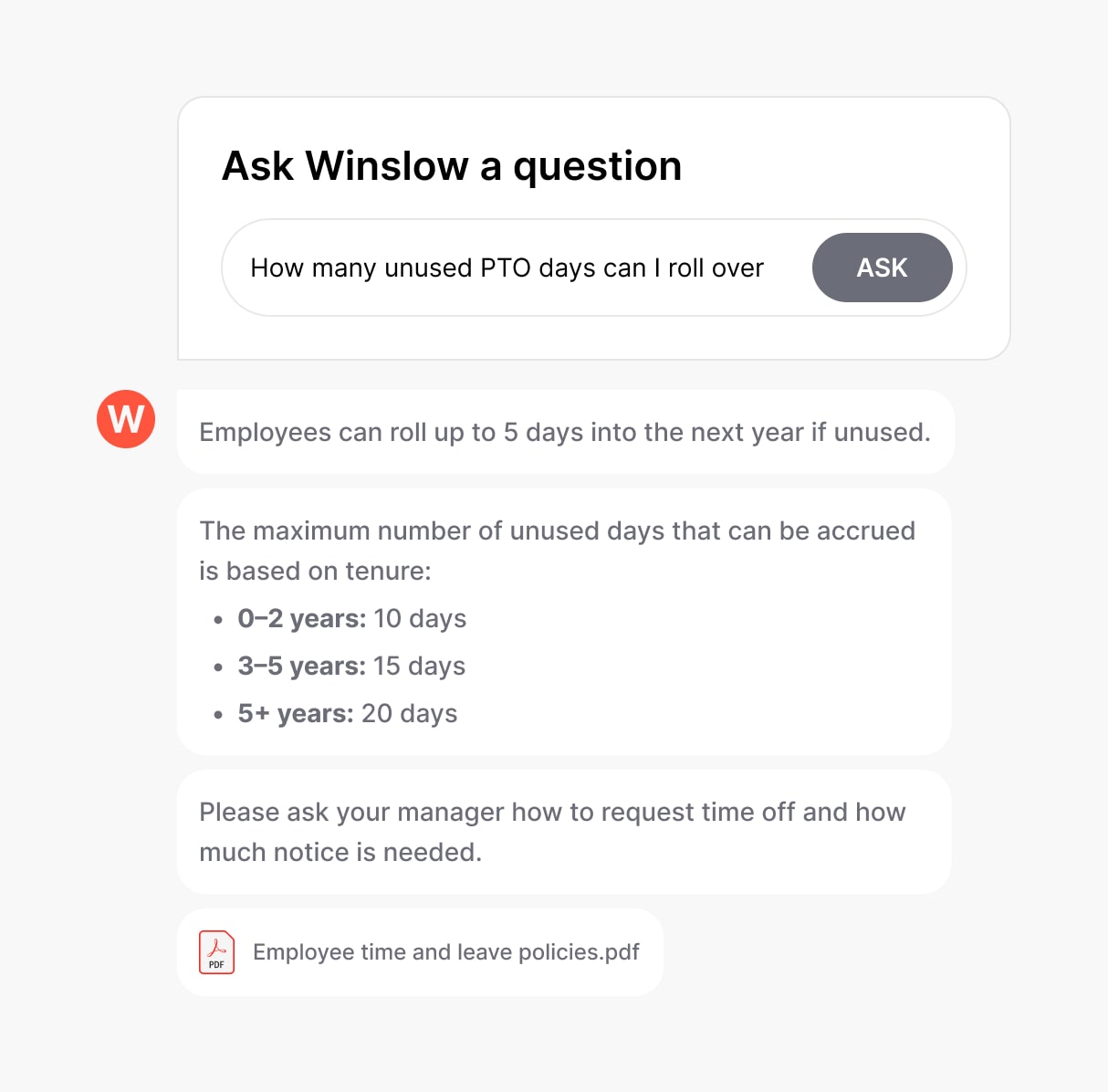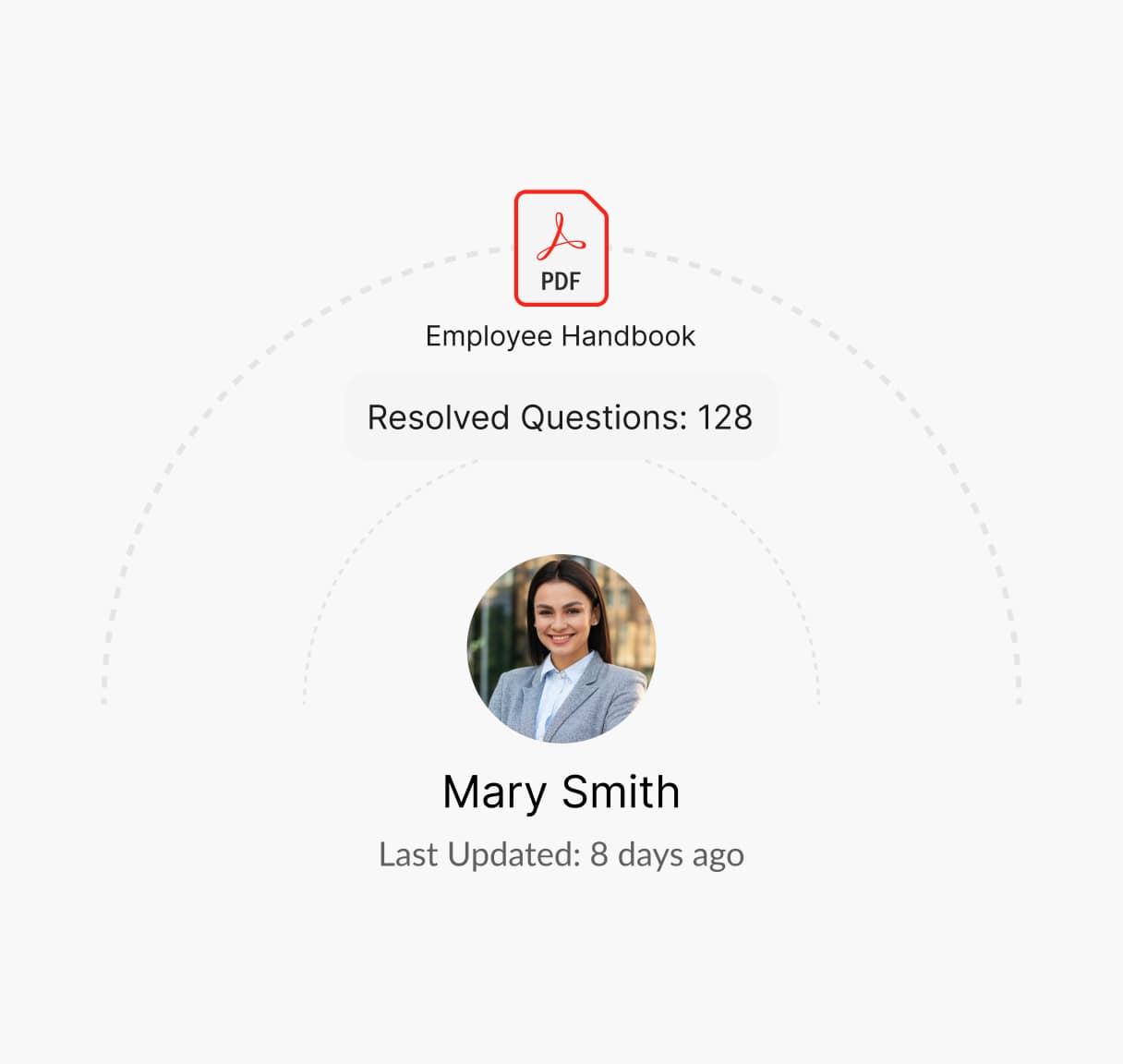Everything You Need to Know About Flexible Work Arrangement Policy
Offering flexible work options enhances employee satisfaction and productivity. A Flexible Work Arrangement Policy outlines eligibility, remote work guidelines, and scheduling options to balance business needs with work-life flexibility.

What is a Flexible Work Arrangement Policy?
A Flexible Work Arrangement Policy is an HR document that defines the organization’s guidelines on remote work, flexible hours, and hybrid schedules. It includes eligibility, approval procedures, and performance expectations.
A clear flexible work policy improves work-life balance, enhances productivity, and supports employee well-being.
Guidelines for Creating a Flexible Work Arrangement Policy
A flexible work arrangement policy helps employees maintain work-life balance while ensuring business continuity. Here’s how to design an effective policy:
Define Available Work Arrangements
Specify options like remote work, hybrid schedules, compressed workweeks, or job-sharing.
Set Clear Eligibility Requirements
Establish criteria based on job roles, tenure, and performance for employees to qualify.
Outline Approval and Implementation Procedures
Specify how employees request flexible work, who approves, and any trial periods.
Ensure Compliance with Labor Laws
Align the policy with wage laws, overtime rules, and workplace safety regulations.
Provide Technology and Security Guidelines
Address data protection, VPN use, and access to company systems for remote workers.
Regularly Review and Adjust the Policy
Assess the policy’s impact through feedback and make necessary adjustments based on business needs.
What is Covered in a Flexible Work Arrangement Policy?
An effective Flexible Work Arrangement Policy should include the following:
Types of Flexible Work Options
Define available arrangements, including remote work, flextime, or alternative schedules.
Eligibility and Application Process
Clarify who qualifies and how employees can apply for flexible work arrangements.
Managerial Oversight and Approvals
Explain how managers evaluate requests and ensure team coordination.
Work Hours, Availability, and Expectations
Set guidelines for when employees must be reachable and expected to work.
Performance and Productivity Metrics
Establish how work outcomes will be measured in flexible arrangements.
IT and Security Protocols
Outline security requirements for remote work, such as VPN access and device security policies.
Adjustment and Review Process
Describe how the policy will be periodically reassessed and updated as needed.
Need help creating a Flexible Work Arrangement Policy?
How Winslow helps HR pros save time on responding to flexible work arrangement policy questions
Managing flexible work inquiries can be time-consuming, but Winslow, your AI-powered HR assistant, simplifies the process:

Instant answers anytime
Winslow ensures your Flexible Work Arrangement Policy is always available on Slack, Teams, or email. Employees can instantly access details on eligibility, remote work guidelines, and scheduling adjustments—eliminating repetitive HR inquiries.
Personalized Support
Winslow instantly answers employee questions, including those about your Flexible Work Arrangement Policy, ensuring clarity on approval processes, hybrid work expectations, and technology requirements.


Analytics and Insights
Winslow tracks policy-related queries, helping HR teams identify trends and common concerns. This data enables organizations to refine their policy, improve reporting channels, and address recurring issues proactively.
Save Time Managing Flexible Work Arrangements with Winslow
Remote and hybrid work policies require constant clarification, adding to HR’s workload. Winslow delivers instant responses on eligibility, work-from-home guidelines, and schedule adjustments—ensuring employees stay informed without HR handling every request manually.
Frequently asked questions
Have further questions about Winslow, contact us at sales@usewinslow.com
How should HR balance flexibility with operational needs?
HR should implement core hours policies, where teams maintain overlapping hours for collaboration while allowing flexible schedules around them. Job role assessments determine which positions qualify for remote work.
What guidelines should HR set for remote work productivity expectations?
HR should define output-based performance metrics, require weekly progress reports, and ensure employees have access to productivity tools like project management software.
How should HR address fairness concerns for roles that cannot accommodate flexibility?
HR should offer alternative benefits, such as additional PTO or compressed workweeks, to maintain equity for employees whose roles require in-person presence.
What technology should HR implement to support hybrid work models?
HR should provide cloud-based collaboration tools, secure VPN access, and virtual meeting platforms to ensure seamless communication between remote and in-office teams.
How can HR monitor the success of flexible work arrangements?
HR should track productivity levels, engagement surveys, and retention rates, conducting quarterly feedback sessions to refine policies as needed.
Additional resources
Device Usage Policy
Managing employee leave effectively is vital for maintaining workforce productivity and compliance....
Learn moreconfidentiality policy
Protecting sensitive information is crucial. A clear Confidentiality Policy outlines guidelines for...
Learn moreclaim reimbursement
Ensuring fair compensation for expenses is key. A clear Claim Reimbursement Policy...
Learn more




